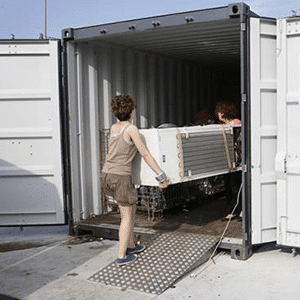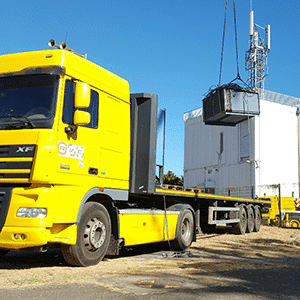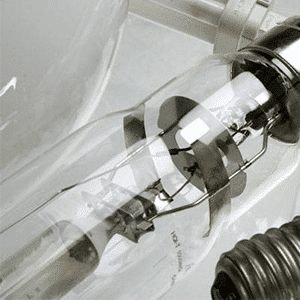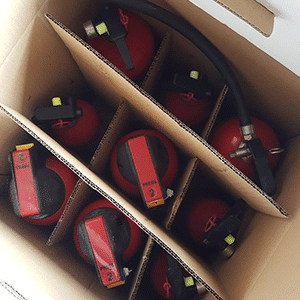 Eco-design initiatives
Eco-design initiatives
Assisting in end-of-service life eco-design
ecosystem teams assist producers in their eco-design projects in order to improve and better design appliances so that these have a more environmentally-friendly end-of-service life. See the results of their work in 2019.
Assisting the integration of recycled plastics
ecosystem updated and sent a practical guide on integrating recycled plastics to producers (also available English). This specifies the key stages of the integration process and provides answers to the main questions that producers have.
Eco-fee modulation for professional WEEE and SFE
Modulation is carried out by establishing criteria with stakeholders in the Pro and small fire extinguishers sectors aimed at modulating the eco-fee according to product eco-design. The result of this work was the adoption of criteria, the implementation of which will be effective as of July 2020 in the eco-fee scales.
Standards
- Standards EN 45555 and 45557
Two European standards (CEN-CENELEC) co-managed by ecosystem on evaluating the recycling and the recovery potential of products, as well as their evaluation on the content of recycled materials in appliances, were finalised and formally approved They set the general framework and will be rolled out into standards. All the standards worked upon during this mandate (M543: Material efficiency) were approved.
- Standard EN50693
This standard lays down the common rules for carrying out the life cycle analysis of electrical and electronic products, and the framework for environmental declarations was finalised and approved. ecosystem was able to contribute in its establishment in regards to end-of-service life in a product’s global analysis.
Urban Mines Chair
In the age of the circular economy ecosystem has been able to participate in eco-design research within the framework of work by the Urban Mines Chair. Indeed, a component of the Chair is dedicated to eco-design. ecosystem teams are strongly involved in scoping and sharing information with researchers, PhD and post-PhD students, resulting in, for example, the drafting of the Circular Economy Practical Guide aimed at producers. This has been written by Franck Aggeri, a Mines ParisTech professor, Helen Micheaux and Rémi Beulque, post PhD students funded by the Urban Mines Chair.
In June 2019 a workshop on eco-design took place at the WEEE Chair day, bringing together different stakeholders together (producers, researchers, take-back scheme operators, etc.).
Training career reorientation students
ecosystem and the Institut Supérieur d’Ingénierie et de Gestion de l’Environment (ISIGE) de MINES ParisTech signed an agreement in 2018 to formalise their cooperation in environmental and sustainable development training.
For this 2nd year of the partnership, students from the 2019-2020 cohort have been able to study in depth the technical, economic and environmental challenges related to plastics recycling along with site visits, multi-disciplinary lectures and expert interviews.
Always with a view to recycling or end-of-service life eco-design, ecosystem teams work with the ParisTech Chair’s member schools as well as in other engineering schools in order to raise student awareness in recycling (ChimieParisTech, European Athens programme, etc.).




